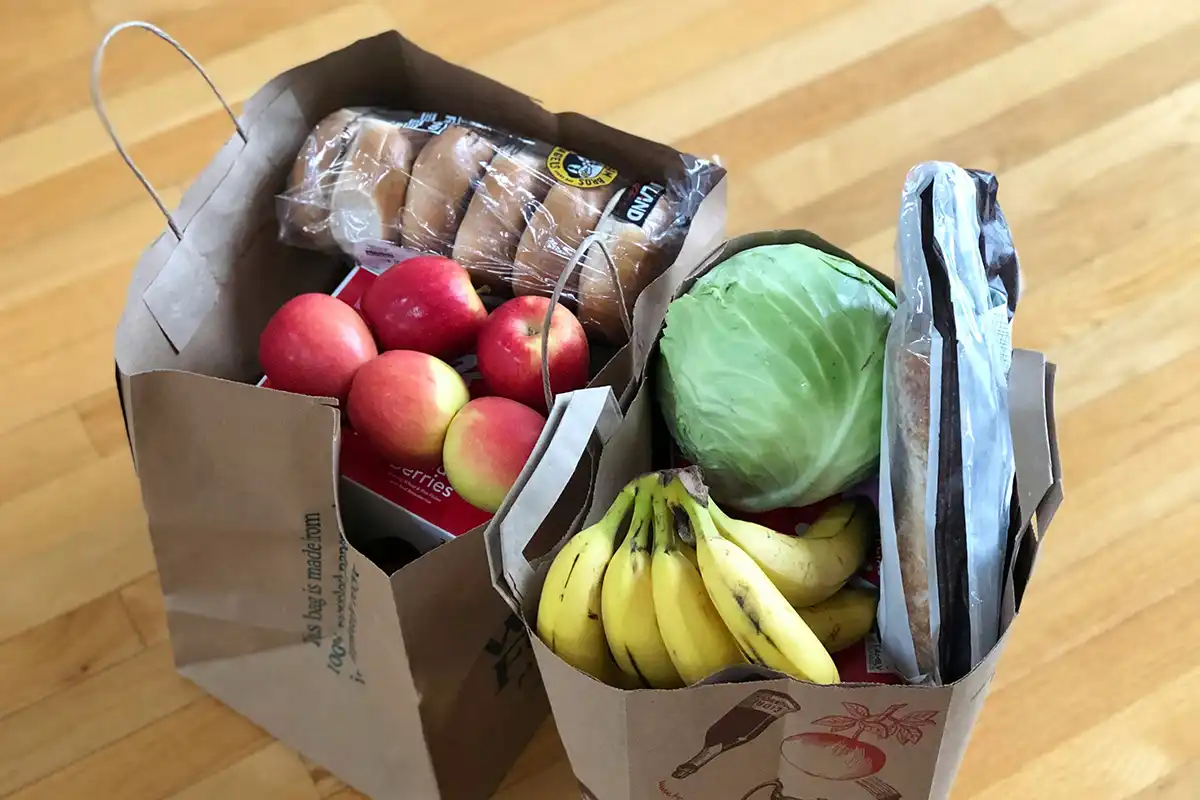Food waste is a significant challenge in the Gulf Cooperation Council (GCC) countries, where it averages 150 kilograms per person each year. This figure is approximately 14 percent higher than the global average of 132 kilograms. While the GCC’s food waste levels are lower than those in the United States, they exceed those in many other developed economies.

In 2022, the retail sector in the GCC wasted around 1.3 million tons of food, resulting in an annual financial loss between $4 billion and $7 billion. This amount is substantial enough to provide iftar meals for 70 percent of Muslims worldwide during Ramadan. Although the retail food waste accounts for only 5-15 percent of total food waste in the region, it is 38 percent higher than the global average, highlighting a significant area for improvement.
Beyond financial implications, food waste has serious environmental consequences. It contributes to greenhouse gas emissions and depletes essential resources like water, energy, and labor, which could otherwise support sustainability initiatives in the region.
The GCC’s grocery and retail markets are expanding rapidly, with the UAE’s food retail market valued at $40 billion and Saudi Arabia’s at $62 billion as of 2023. However, large hypermarkets and grocery chains are grappling with challenges such as low profit margins, high sales volumes, and escalating competition. Promotions, such as “buy three, pay for two,” often lead to the purchase of perishable goods that ultimately go to waste, while complex inventory systems and inconsistent stock management exacerbate the issue.
Four key factors contribute to food waste in the GCC. First, the fragmented supply chain dynamics result in direct deliveries from suppliers to stores, which increases safety stock and leads to excess inventory. Second, supermarkets in the GCC are usually stocked more fully than those in Western countries, as half-empty shelves are considered unattractive. Third, supplier agreements often necessitate the return of unsold products, creating surplus stock that retailers cannot use. Lastly, the reliance on manual forecasting for inventory management leads to misalignment between stock and actual demand.
To combat food waste, GCC retailers need to adopt innovative strategies. Governments play an essential role in establishing frameworks that promote sustainable practices. The region is committed to the Sustainable Development Goals (SDGs), which aim to halve global food loss and waste by 2030. Retailers should enhance their forecasting and replenishment systems to better match stock levels with peak demand, collaborate with suppliers to minimize safety stock, and create more centralized and efficient supply chains for fresh products.
Training the workforce to effectively handle perishable items, identify quality products, and place accurate orders will be vital in reducing waste. With the backing of regulatory support, public awareness campaigns, and strategic partnerships, GCC governments can cultivate an environment that encourages retailers to prioritize sustainability and mitigate food waste across the region.


Leave a Reply